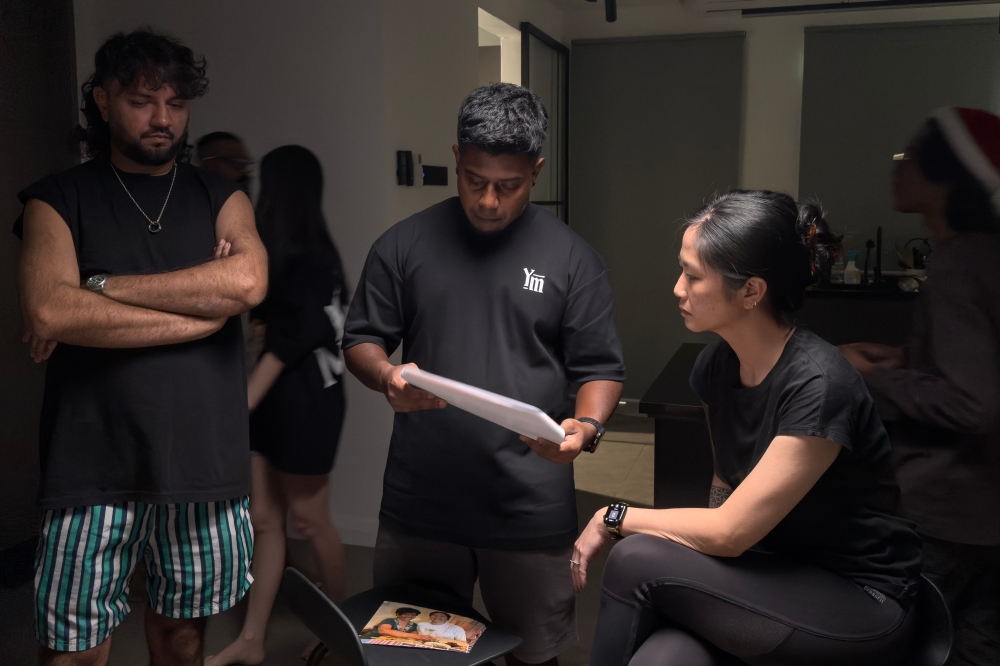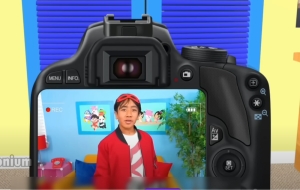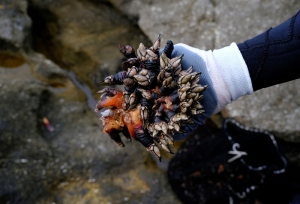- Home
- -
- News
‘Don’t portray Indians the way they are not’: Why the viral ‘Appunene’ video makers flipped a racist narrative (VIDEO)
- admin
- 01 Nov, 2024
KUALA LUMPUR, Nov 1 — Growing up as Malaysians, we have all heard, endured and may have even perpetuated racial stereotypes at some point of our lives.
Two friends from Kajang however decided to make light of the stereotypes perpetuated by the Chinese community against Indian men through a witty video in conjunction with Deepavali — with their Chinese wives.
The ad, features three Chinese women revealing how they were “caught” by their Indian husbands or “Ah Pu Neh Neh” — a racist term referring to Indian men, especially those who are dark-skinned — and how “unhappy” they were with their marriage.
One woman lamented being “force-fed” by her husband’s family with delicious meals and that her husband was teaching her toddler to say “rude things” in Tamil when he was just praising her.
Another woman who converted to Islam after marrying her husband complained she could not eat pork — which she never really liked eating anyway. And, the third woman had an issue with her husband drinking — coffee.
The mockumentary, which was directed by Vinoth Raj Pillai and produced by Your Maker advertising agency’s co-founder Sher ‘bflat’ Mohamed, has garnered over 100,000 views in just four days.
“In Chinese households, they always tell the kids that if they go out alone, the “Ah Pu Neh Neh” will catch them. But, I used to wonder what the Indian man would do after catching them?
“So, we flipped the narrative: We brought out all the good things and portrayed them as if they were bad.
“We just repeat all the stereotypes that people throw at us to make them see how stupid they sound,” Sher, 34, told Malay Mail, when asked about the reason for choosing the controversial subject for their ad.

Sher said the ad was created with a team of 12 people in less than six weeks after he roped in Vinoth, a former engineer and currently a leading wedding photographer. Both Sher and Vinoth were also part of the ad with their spouses, who were introduced as “victims” to “Ah Pu Neh Neh”.
While the duo were careful during the writing process, Sher said their personal experiences as interracial couples gave them the confidence to speak about racism.
“Who better to talk about this than us — the “Ah Pu Neh Neh” who caught the Chinese girls and lived decent lives with them? We felt we had all the license in the world to talk about this.
“We are actually happy that people are smart enough to understand the offbeat satirical approach in the video,” Sher added.
View this post on InstagramA post shared by Your Maker (@your.maker)
Meanwhile, Vinoth, 40, recalled a frustrating encounter of having to convince a police officer that he was not “kidnapping” his own wife during an Uber ride in 2016.
“Our Uber driver was an Indian man. Out of respect for him, I sat in front while my wife sat behind.
“At one of the roadblocks, the police officer was repeatedly asking my wife if she was okay although I kept telling him that she is my wife.
“I had to show our wedding photos from Facebook to the officer before he allowed us to go,” Vinoth, 40, said.
Vinoth said many social media users thanked them for highlighting the issue in their light-hearted ad, saying that it has empowered them to speak up about their similar experiences.
“When it comes to Deepavali, everyone talks about light over darkness and for us, it was the triumph of brighter thoughts over darker thoughts such as racism,” Vinoth said.
Sher, meanwhile, said the visual in the video also progresses from a dark, sombre setting to a brighter, cheerful setting in line with the meaning of Deepavali.
“All we want to say is don't portray the Indians in the way they are not. Indian fellas don’t dance around trees. They are much more than that,” he said.
Recommended reading:
- Beware the ‘Ah Pu Neh Neh’: Malaysian Indian men’s hilarious spin on racist bogeyman myths and mixed marriages (VIDEO)


